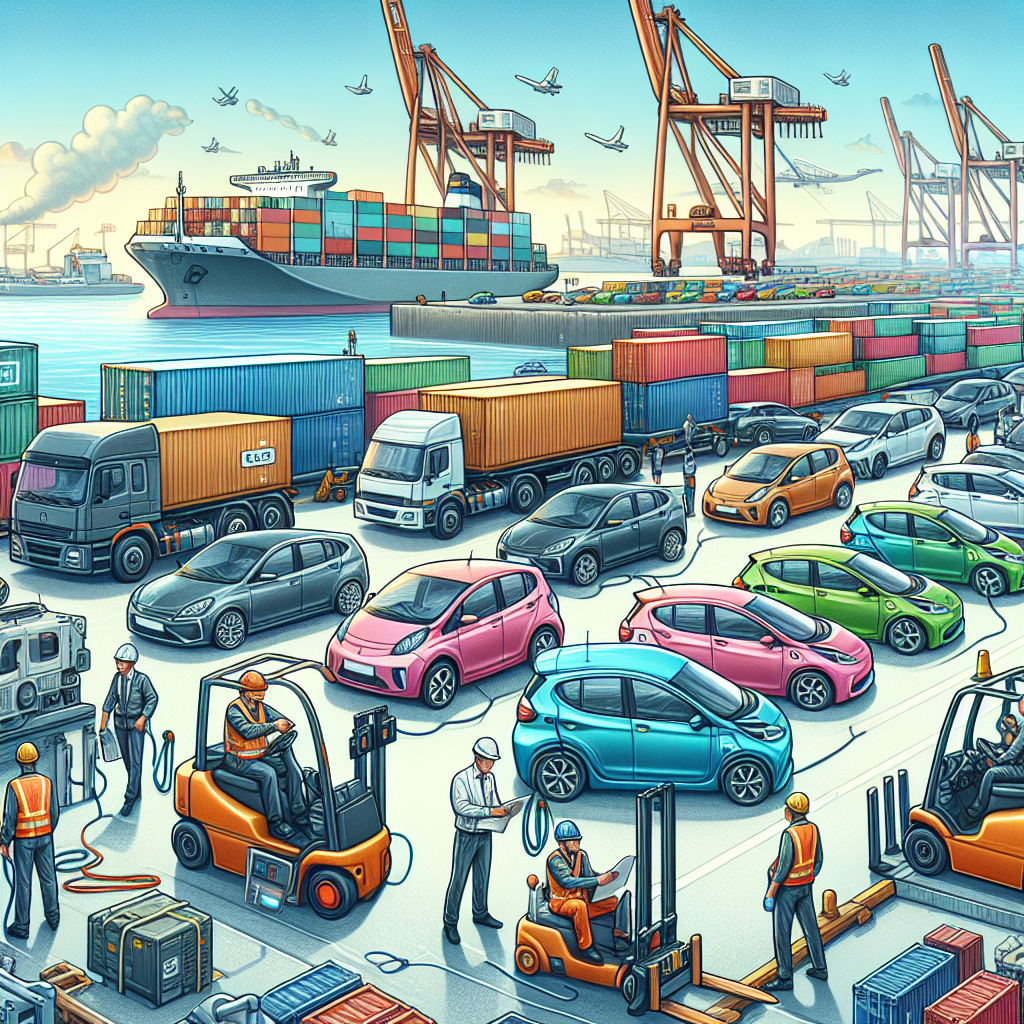EU Faces Crucial Vote on Chinese EV Tariffs
The EU will vote on imposing up to 45% tariffs on Chinese electric vehicles after an anti-subsidy investigation. Some members like Germany oppose it, fearing retaliation from Beijing and preferring negotiations. The outcome could shape EU-China relations amid tensions over trade and regulation.

The European Union is set for a significant decision on Friday, as it votes on imposing tariffs of up to 45% on imports of electric vehicles from China. This vote is a crucial part of the EU's most high-profile trade case, carrying the risk of retaliation from Beijing.
The European Commission, charged with managing the bloc's trade policy, has proposed instituting these duties for five years. This measure aims to counter what the Commission perceives as unfair Chinese subsidies after a detailed anti-subsidy probe lasting a year. According to EU regulations, these tariffs can be enforced unless opposed by a qualified majority of 15 EU nations representing 65% of the EU's population.
Key economies, such as Germany, oppose the move, with German carmakers voicing concerns given their substantial sales within China. The EU seeks to balance trade interests with diplomatic relations, amid a complex landscape where China is simultaneously seen as a partner, competitor, and systemic rival.
(With inputs from agencies.)
ALSO READ
AI-Powered Trademark Search Tech Launched by Union Minister Piyush Goyal
Thailand Aims to Revitalize Key Trade Route Through Conflict-Ravaged Myanmar
Drought Hits Argentina's River Trade: Grain Exports Suffer
India-US Energy Trade Set to Skyrocket to USD 500 Billion: Petroleum Minister
AgriVijay, Next2Sun Germany, and Wattkraft India Join Forces for Renewable Energy Transformation at RE-INVEST 2024










